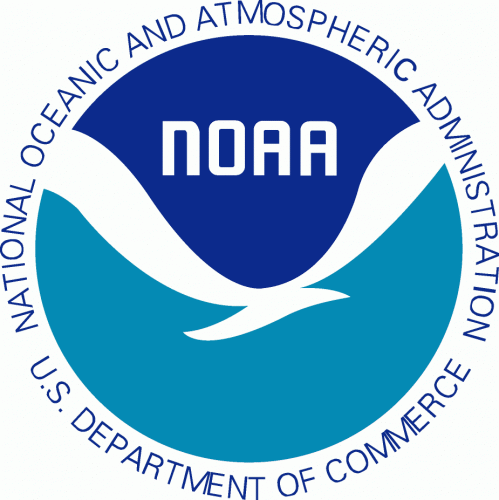Climate Adaptation Toolkit for Fisheries Management
Overview
Supporting sustainable U.S. fisheries management is important to ecosystem health and human and economic well being. These fisheries (commercial, recreational, and subsistence) include both wild capture and farmed (aquaculture), and provide important contributions to the U.S. economy. Climate change is having and will continue to have cascading effects on all aspects of fisheries, including fish production, essential fish habitats, fishing-dependent communities, and resource managers.
Fishery managers and scientists will need to prepare for and respond to the unavoidable effects of past, current, and projected greenhouse gas emissions, in addition to limiting the effects of non-climatic stressors such as overfishing, habitat degradation, and pollution. Traditional fisheries management tools (e.g., allowable catch, size and gear restrictions, marine protected areas, etc.) may not be sufficient to sustain fisheries in the face of the combined effects of climatic and non-climatic stressors.
There is a general lack of understanding of the complex interactions between climatic and non-climatic stressors, their impacts on fisheries, and the manner in which managers can approach adaptation. A strong need exists to:
- improve understanding of climate impacts on fish stocks and critical habitats,
- increase the capacity to apply this information to fisheries management, and
- enhance the delivery of this information in order to implement and sustain climate-informed fisheries management.
Next Steps
- Fish Manager's Guide to Climate Change
Funded By

Sectoral Applications Research Program (SARP)
Objectives
This project will improve understanding of the interactions between human and environmental systems by examining fisheries management in the context of climate change and ocean acidification. Through this project, we will facilitate the development of climate adaptation strategies for sustainable fisheries management and the creation of a robust network of like-minded practitioners by:
- Assessing the impacts of climatic and non-climatic stressors on fisheries;
- Appraising the needs of fishery managers seeking to address climate change;
- Facilitating the development and continued improvement of adaptation options for fisheries through surveys of climate-informed fisheries management to date;
- Creating a synthesis report and case study examples of adaptation in practice in fisheries management;
- Developing a centralized portal and network to promote and sustain these efforts; and
- Providing tools and training to support and inform managers and stakeholders on vulnerabilities and adaptation options.
Products
Partners
- National Oceanic and Atmospheric Administration
- Climate-Smart Fisheries Management Working Group




